Overview
Data Science with R Training
Data Science Certification Training is a “concept to unify statistics, data analysis, and their related methods” to “understand and analyze actual phenomena” with data. It employs techniques and theories drawn from many fields within the broad areas of mathematics, statistics, information science, and computer science from the subdomains of machine learning, classification, cluster analysis, data mining, databases, and visualization. The Data Science Certification Training enables you to gain knowledge of the entire Life Cycle of Data Science, analyzing and visualizing different data sets, different Machine Learning Algorithms like K-Means Clustering, Decision Trees, Random Forest, and Naive Bayes.
Key Features
Data Science with R Training
100% Money-Back Guarantee*
Instructor-led Sessions
Real-life Case Studies
Assignments
Lifetime Access
24 x 7 Expert Support
Certification
FAQ
Data Science Certification Training
Do you provide a money-back guarantee for the training programs?
We do provide a money-back guarantee for some of our training programs. You can contact support@trainerkart.com for more information.
Do you provide any course completion certificates?
Yes, we offer a course completion certificate after you successfully complete the training program.
Do you provide any group discounts for online training programs?
Yes, we have group discount packages for online training programs. Contact support@trainerkart.com to know more about the group discounts.
About the Course
Data Science Certification Training
Why this course?
- Businesses Will Need One Million Data Scientists by 2018 – KDnuggets
- Roles like chief data & chief analytics officers have emerged to ensure that analytical insights drive business strategies – Forbes
- The average salary for a Data Scientist is $113k (Glassdoor)
Data Science with R Training
Trainerkart Certification Process:
- Once you are successfully through the project (Reviewed by a Trainerkart expert), you will be awarded Trainerkart’s Data Science certificate.
- Trainerkart certification has industry recognition and we are the preferred training partner for many MNCs e.g.Cisco, Ford, Mphasis, Nokia, Wipro, Accenture, IBM, Philips, Citi, Ford, Mindtree, BNYMellon, etc.
Course Agenda
Data Science Certification Training
Introduction to Data Science
Goal – Get an introduction to Data Science in this Module and see how Data Science helps to analyze large and unstructured data with different tools.
Objectives – At the end of this module, you should be able to:
• Define Data Science
• Discuss the era of Data Science
• Describe the Role of a Data Scientist
• Illustrate the Life cycle of Data Science
• List the Tools used in Data Science
• State what role Big Data and Hadoop, R, Spark, and Machine Learning play in Data Science
Topics:
• What is Data Science?
• What does Data Science involve?
• Era of Data Science
• Business Intelligence vs Data Science
• Life cycle of Data Science
• Tools of Data Science
• Introduction to Big Data and Hadoop
• Introduction to R
• Introduction to Spark
• Introduction to Machine Learning
Statistical Inference
Goal – In this Module, you should learn about different statistical techniques and terminologies used in data analysis.
Objectives – At the end of this module, you should be able to:
• Define Statistical Inference
• List the Terminologies of Statistics
• Illustrate the Measures of Center and Spread
• Explain the concept of Probability
• State Probability Distributions
Topics:
• What is Statistical Inference?
• Terminologies of Statistics
• Measures of Centers
• Measures of Spread
• Probability
• Normal Distribution
• Binary Distribution
Data Extraction, Wrangling, and Exploration
Goal – Discuss the different sources available to extract data, arrange the data in a structured form, analyze the data, and represent the data in a graphical format.
Objectives – At the end of this module, you should be able to:
• Discuss Data Acquisition techniques
• List the different types of Data
• Evaluate Input Data
• Explain the Data Wrangling techniques
• Discuss Data Exploration
Topics:
• Data Analysis Pipeline
• What is Data Extraction
• Types of Data
• Raw and Processed Data
• Data Wrangling
• Exploratory Data Analysis
• Visualization of Data
Hands-On/Demo:
• Loading different types of datasets in R
• Arranging the data
• Plotting the graphs
Introduction to Machine Learning
Goal – Get an introduction to Machine Learning as part of this Module. You will discuss the various categories of Machine Learning and implement Supervised Learning Algorithms.
Objectives – At the end of this module, you should be able to:
• Define Machine Learning
• Discuss Machine Learning Use cases
• List the categories of Machine Learning
• Illustrate Supervised Learning Algorithms
Topics:
• What is Machine Learning?
• Machine Learning Use-Cases
• Machine Learning Process Flow
• Machine Learning Categories
• Supervised Learning
o Linear Regression
o Logistic Regression
Hands-On/Demo:
• Implementing the Linear Regression model in R
• Implementing the Logistic Regression model in R
Classification
Goal – In this module, you should learn the Supervised Learning Techniques and the implementation of various techniques, for example, Decision Trees, Random Forest Classifier, etc.
Objectives – At the end of this module, you should be able to:
• Define Classification
• Explain different Types of Classifiers such as,
o Decision Tree
o Random Forest
o Naïve Bayes Classifier
o Support Vector Machine
Topics:
• What is Classification and its use cases?
• What is Decision Tree?
• Algorithm for Decision Tree Induction
• Creating a Perfect Decision Tree
• Confusion Matrix
• What is Random Forest?
• What is Navies Bayes?
• Support Vector Machine: Classification
Hands-On/Demo:
• Implementing Decision Tree model in R
• Implementing Linear Random Forest in R
• Implementing Navies Bayes model in R
• Implementing Support Vector Machine in R
Unsupervised Learning
Goal – Learn about Unsupervised Learning and the various types of clustering that can be used to analyze the data.
Objectives – At the end of this module, you should be able to:
• Define Unsupervised Learning
• Discuss the following Cluster Analysis
o K – means Clustering
o C – means Clustering
o Hierarchical Clustering
Topics:
• What is Clustering & its Use Cases?
• What is K-means Clustering?
• What is C-means Clustering?
• What is Canopy Clustering?
• What is Hierarchical Clustering?
Hands-On/Demo:
• Implementing K-means Clustering in R
• Implementing C-means Clustering in R
• Implementing Hierarchical Clustering in R
Recommender Engines
Goal – In this module, you should learn about association rules and different types of Recommender Engines.
Objectives – At the end of this module, you should be able to:
• Define Association Rules
• Define Recommendation Engine
• Discuss types of Recommendation Engines
o Collaborative Filtering
o Content-Based Filtering
• Illustrate steps to build a Recommendation Engine
Topics:
• What is Association Rules & their use cases?
• What is Recommendation Engine & it’s working?
• Types of Recommendation Types
• User-Based Recommendation
• Item-Based Recommendation
• Difference: User-Based and Item-Based Recommendation
• Recommendation Use-case
Hands-On/Demo:
• Implementing Association Rules in R
• Building a Recommendation Engine in R
Text Mining
Goal – Discuss Unsupervised Machine Learning Techniques and the implementation of different algorithms, for example, TF-IDF and Cosine Similarity in this Module.
Objectives – At the end of this module, you should be able to:
• Define Text Mining
• Discuss Text Mining Algorithms
o Bag of Words Approach
o Sentiment Analysis
Topics:
• The concepts of text-mining
• Use cases
• Text Mining Algorithms
• Quantifying text
• TF-IDF
• Beyond TF-IDF
Hands-On/Demo:
• Implementing Bag of Words approach in R
• Implementing Sentiment Analysis on twitter Data using R
Time Series
Goal – In this module, you should learn about Time Series data, different component of Time Series data, Time Series modelling – Exponential Smoothing models and ARIMA model for Time Series forecasting.
Objectives – At the end of this module, you should be able to:
• Describe Time Series data
• Format your Time Series data
• List the different components of Time Series data
• Discuss different kind of Time Series scenarios
• Choose the model according to the Time series scenario
• Implement the model for forecasting
• Explain working and implementation of ARIMA model
• Illustrate the working and implementation of different ETS models
• Forecast the data using the respective model
Topics:
• What is Time Series data?
• Time Series variables
• Different components of Time Series data
• Visualize the data to identify Time Series Components
• Implement ARIMA model for forecasting
• Exponential smoothing models
• Identifying different time series scenario based on which different Exponential Smoothing model can be applied
• Implement respective ETS model for forecasting
Hands-On/Demo:
• Visualizing and formatting Time Series data
• Plotting decomposed Time Series data plot
• Applying ARIMA and ETS model for Time Series forecasting
• Forecasting for given Time period
Deep Learning
Goal – Get introduced to the concepts of Reinforcement learning and Deep learning in this Module. These concepts are explained with the help of Use cases. You will get to discuss Artificial Neural Network, the building blocks for artificial neural networks, and few artificial neural network terminologies.
Objectives – At the end of this module, you should be able to:
• Define Reinforced Learning
• Discuss Reinforced Learning Use cases
• Define Deep Learning
• Understand Artificial Neural Network
• Discuss basic Building Blocks of Artificial Neural Network
• List the important Terminologies of ANN’s
Topics:
• Reinforced Learning
• Reinforcement learning Process Flow
• Reinforced Learning Use cases
• Deep Learning
• Biological Neural Networks
• Understand Artificial Neural Networks
• Building an Artificial Neural Network
• How ANN works
• Important Terminologies of ANN’s
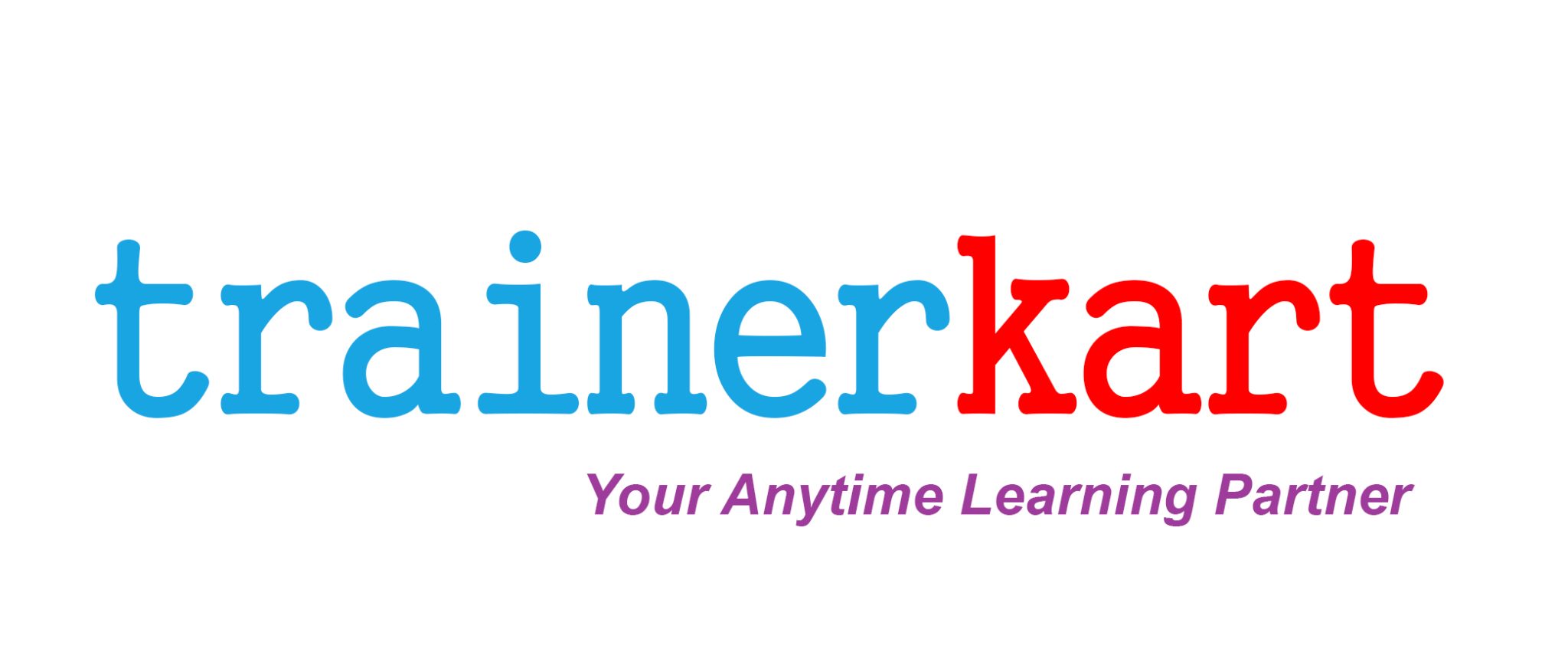
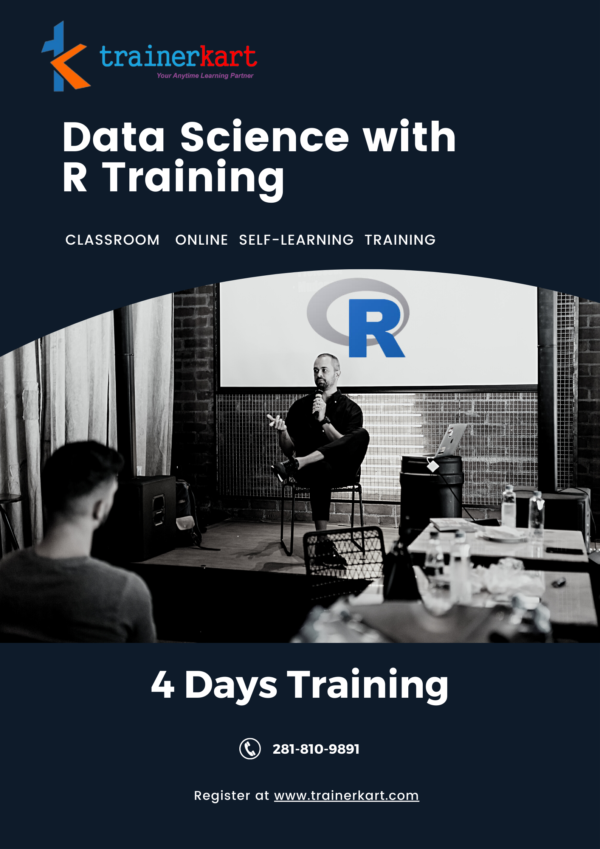
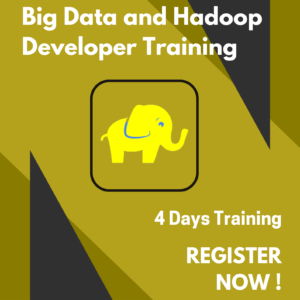
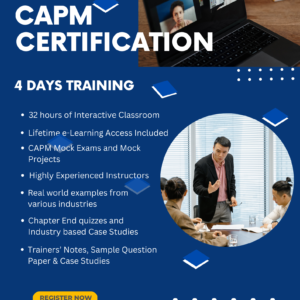
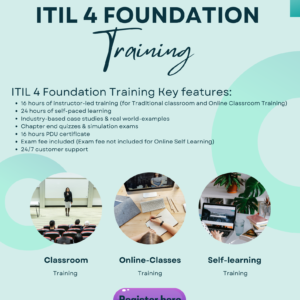

Reviews
There are no reviews yet.